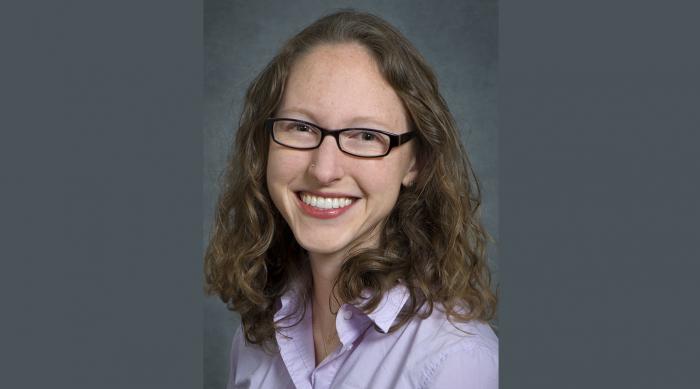
Ezra's Round Table / Systems Seminar: Corinne Scown (Lawrence Berkeley National Lab)
Location
Frank H.T. Rhodes Hall 253
or
https://cornell.zoom.us/j/98315904703?pwd=SE5TYll1YmhvdlgzUzhORnJzTWpvZz09
Description
Overcoming the Engineering and Environmental Challenges of Achieving a More Circular Economy
From food scraps to plastics, much of the modern economy relies on the ability of humans to generate and discard waste with minimal consequences. Less than 10% of plastic products used in the United States are recycled and well over half of landfilled waste is organic material, some of which decays quickly to release fugitive methane (a potent greenhouse gas). This seminar will explore a range of options for moving toward a circular economy, some of which require shifts in the types of products we use and how we dispose of them (novel circular plastics), some require changes only in how our plastic waste is sorted and recycled (solvent-assisted recycling), and some of which focus on improving resource recovery from organic waste streams available today. Quantitative analysis results include life-cycle greenhouse gas tradeoffs between different waste reduction/recycling strategies, as well as human health impacts associated with changes in air pollutant emissions.
Bio:
Corinne Scown is the Vice President and founder of the Life-cycle, Economics, and Agronomy Division (LEAD) at the Joint BioEnergy Institute (JBEI), Deputy Director for Research of the Energy Analysis and Environmental Impacts (EAEI) Division at Lawrence Berkeley National Lab, and Head of Sustainability at the Energy and Biosciences Institute (EBI). Scown’s expertise includes life-cycle assessment, techno-economic analysis, biofuels and bioproducts, and co-management of energy and water. She has led projects funded by the U.S. Department of Energy, California Energy Commission, California Air Resources Board, and Energy Biosciences Institute. She also frequently collaborates with companies ranging from small startups to large multinational corporations in the bioenergy and bioproducts domain. Scown earned a B.S. in civil engineering with a double-major in engineering and public policy at Carnegie Mellon University, and she received her Ph.D. and M.S. in civil and environmental engineering at UC Berkeley. She currently teaches at UC Berkeley.

